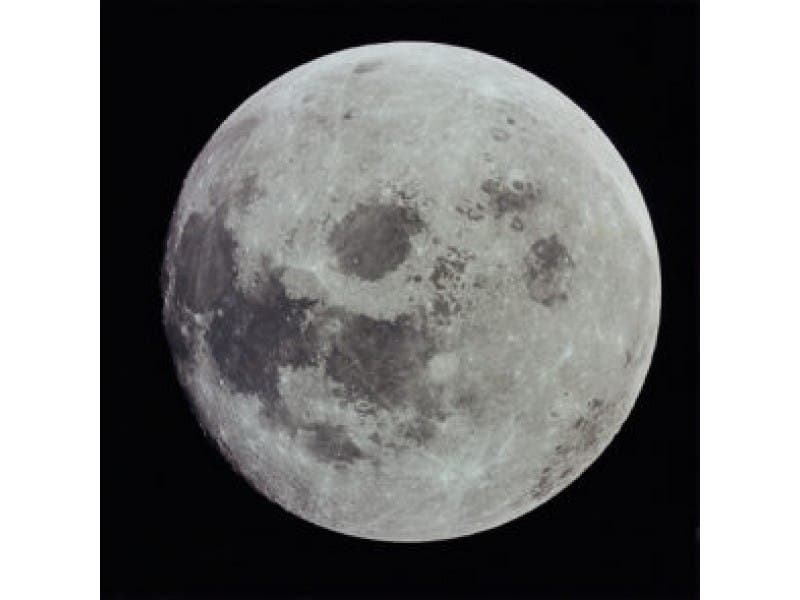Home & Garden
Sunday's Rare Supermoon Eclipse: The Forecast For Bucks County
Will the clouds clear so we can see the first supermoon lunar eclipse in more than 30 years?

This Sunday, you can look up at the sky and can see something that hasn’t happened in more than 30 years: a supermoon combined with a lunar eclipse. In the evening, sky-watchers will see a larger-than-normal moon begin to dim and turn red, lasting for more than an hour before returning to its normal brightness and color in the sky.
The last time this happened was 1982, and it won’t happen again until 2033.
In Bucks County, it looks like the forecast will good for moon viewing. Sunday night’s forecast is calling for partly cloudy skies and just a 10 percent chance of rain.
Find out what's happening in Warminsterwith free, real-time updates from Patch.
Here’s a list of observatories around Pennsylvania.
This light show in the sky is courtesy of two usually separate phenomena occurring at the the same time: The supermoon is what makes the moon appear bigger; the lunar eclipse turns the moon red.
Find out what's happening in Warminsterwith free, real-time updates from Patch.
The combination should make for a spectacular sight: a massive, red moon hanging in the sky for more than hour.
“Supermoon” is the unofficial term for “perigee,” when a full moon coincides with the moon’s closest approach to Earth in its oval-shaped orbit, making it appear 14 percent bigger in the night sky.
(We’re actually in the middle of a cycle of three supermoons in a row. The first showed up August 29, and the last will be October 27.)
A lunar eclipse happens when the Earth passes between the sun. The moon enters the Earth’s shadow, creating a reddish glow on the moon.
NASA says the supermoon will begin to dim at 8:11 p.m. EDT. A shadow will fall over the moon starting at 9:07, with the total eclipse beginning at 10:11 and lasting for an hour and 12 minutes.
It’s also no cause for concern, despite the ancient Incans and Mesopotamians believing the moon to be under attack during a lunar eclipse.
“The only thing that will happen on Earth during an eclipse is that people will wake up the next morning with neck pain because they spent the night looking up,” Noah Petro, deputy project scientist for NASA’s Lunar Reconnaissance Orbiter said in the release.
Get more local news delivered straight to your inbox. Sign up for free Patch newsletters and alerts.